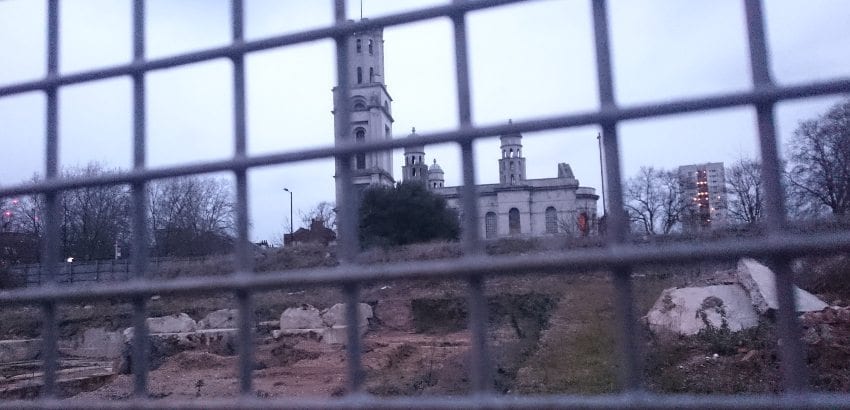Why homeowners can be forced to pay for church repairs
Church of England services may be attracting record-low attendances, but one Westminster estate agent warns a law that has its roots in medieval times could still see homeowners being forced to pay for the upkeep of their local place of worship.
Garton Jones Westminster Estate Agents says chancel repair liability is an ancient interest still exercised by about 5200 pre-Reformation churches in England and Wales.
It allows the executive committee of a Church of England parish to require owners of former church land to meet the cost of repairing the part of a church near the altar.
In Wales and Monmouth, liability for chancel repairs is owed to the Church of Wales rather than to individual parochial churches.
This is despite official figures showing that just 1.4% of the population of England now attends Anglican services on a typical Sunday morning.
What’s more, homeowners liable for chancel repair may not be aware of this obligation because not all land once owned by the church is necessarily near the current location of the church building.
Construction industry partner Proskips says the Land Registration Act 2002 removed the overriding status of chancel repair liability.
However, it has now entered new territory, with fresh challenges to its continuing endurance and property owners should be aware that it has not been extinguished.
The law remains full of uncertainty, and searches are often not reliable or definitive.
One case in the Midlands went to the House of Lords, which confirmed that the property owners were liable to contribute over £100,000.00 to the cost of maintaining their local church, even though they were unaware of the liability at the time of their property purchase.
What’s more, the owner of any property where chancel repair liability is recorded in its register at Land Registry may be asked to pay by the church authorities.
But no other properties in England and Wales can be completely free of the chance of liability until they are now sold with no such notice in their register.
This means that parochial church councils in England and the representative body of the Church in Wales can continue to apply to register chancel repair liability for years, decades and centuries to come.
The standard way of dealing with this is for a buyer to check whether there is a potential liability and if necessary take out an insurance against the possibility that there may be such a liability.
All property buyers should undertake a preliminary chancel check to establish whether insurance would be recommended, advises Denhan Guaranteed Rent.
However, this ancient right might soon be removed.
Liberal Democrat peer and executive director of the National Secular Society Lord Avebury introduced the Chancel Repairs Bill in 2015.
Since the peer’s death on 14 February 2016, the Liberal Democrat Party has continued to push for the Bill to become law and earlier this year stated: “The much resented levy of tithe was got rid of in response to public pressure, long ago, in the same way as church rates.
“In today’s mainly secular society, when the right of the many religions and religious denominations to equal treatment under the law is recognised, it is an anomaly that CRL, still exists. No religious group other than the Church of England has the right to sue property owners for chancel repair costs.”









